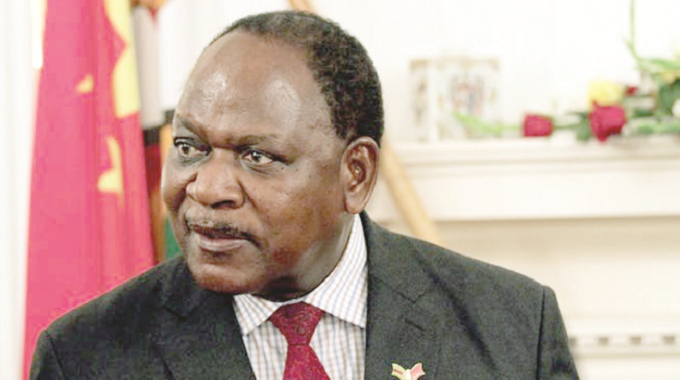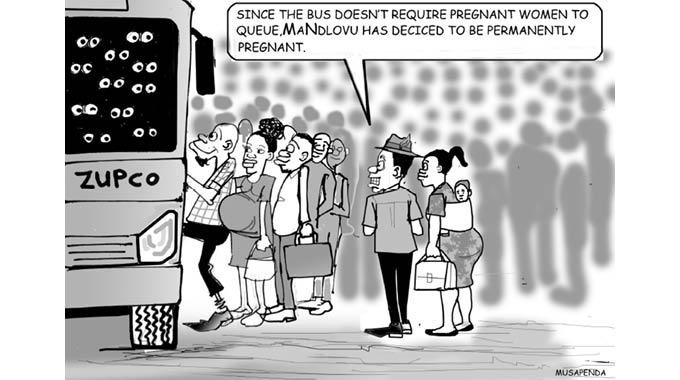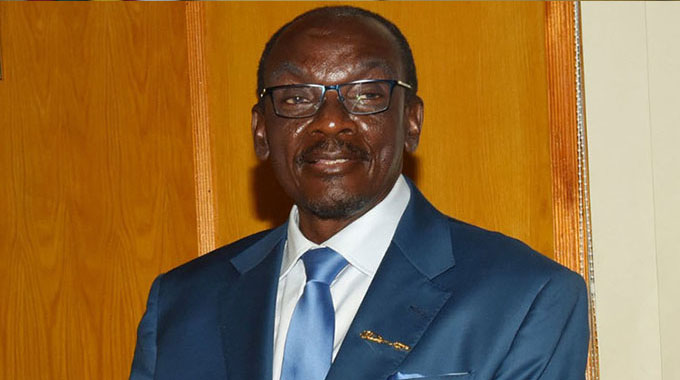More needs to be done to improve ease of doing business — OPC

THE Office of the President and Cabinet (OPC) has called for a collaborative approach to fast track implementation of reforms to improve the country’s business environment and attitudes to be able to compete with neighbouring countries for fresh foreign investment.
Top OPC officials acknowledged little progress had been made to date in smoothening Zimbabwe’s business culture and environment since the reforms began in 2015, with the country still ranked lowly on position number 155 out of a possible 190 on the World Bank’s “Ease of Doing Business.”
The country’s neighbours South Africa, Botswana and Zambia are ranked 82, 86 and 87 respectively. But President Emmerson Mnangagwa’s administration, running on the “Zimbabwe is open for business” mantra, wants this changed and plans to speed up the reforms to create a more welcoming and conducive environment for investment to flow in and flourish.
Chief Secretary in the OPC, Dr Misheck Sibanda said Government ministries were slackening the pace of the reforms through non-implementation of agreed reforms.
“There is nothing to celebrate yet, as there is still a lot more to be accomplished to clear the hurdles that businesses encounter in the operating environment,” he said at the launch of the 2020-2021 edition of the ease of doing business reform programme last Thursday.
At the event, attended by heads of ministries, Dr Sibanda said: “The attitude by some Government ministries in lacking urgency to resolve outstanding bottlenecks is regrettable to say the least.”
“Acting lackadaisically when dealing with economic reforms of national interest is a complete departure from the agreed Government investment drive. This, I must say, is totally unacceptable under the new dispensation,” he said.
Deputy Chief Secretary to the President and Cabinet, Dr Martin Rushwaya, said fundamental problems making it unviable for businesses to operate sustainably remained to be addressed.
“There has not been any dramatic change through the already executed reforms. The business operating environment has remained toxic to the operator and foreign investor,” he said.
“The ease with which businesses transact in the Zimbabwean economic environment is the yard stick for successfully executed reform. We are not yet there.”
The officials said this as business sector representatives came hard on Government for its opaque systems that made it expensive for businesses to operate and for products produced in the country to compete on the export market.
From multi-licences and permits required for simple processes to delays at the borders, business leaders said Government must address challenges presented by many of its agencies, which appeared more interested in charging fees than in adding value to the business process.
“Zimbabwe’s fast moving consumer goods are at least 15 percent more expensive when compared with those in the region because of such issues,” said ZimTrade’s manager for export development, Tatenda Marume.
The chief executive of Irvines, David Irvines said his company, the country’s biggest chicken and egg producer, was being charged eight different permits by various Government agencies to import one particular chicken feed.
Besides, charging fees, some Government agencies, he said, did not even understand how the businesses they were levying functioned.
“In fact, I do not know what they are supposed to be doing besides collecting fees,” he said.
The Environmental Management Agency, Agricultural Marketing Authority, National Biotechnology Authority, Zimbabwe Revenue Authority are some of the agencies that came under criticism.
“We are over-regulated,” said transport sector representative, Albert Bere. Promising that a wide range of cross sector reforms were in the offing, Dr Sibanda committed to continuing the dialogue between Government and the private sector until all the issues choking business were addressed.
“Zimbabwe cannot afford to be left behind in this race by the global community of nations,” he said. “During this coming phase of reform, Government will up its tempo in order to catch up with other competitive economies in the region.” — New Ziana











Comments